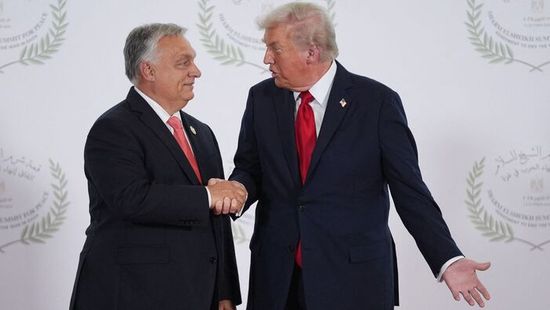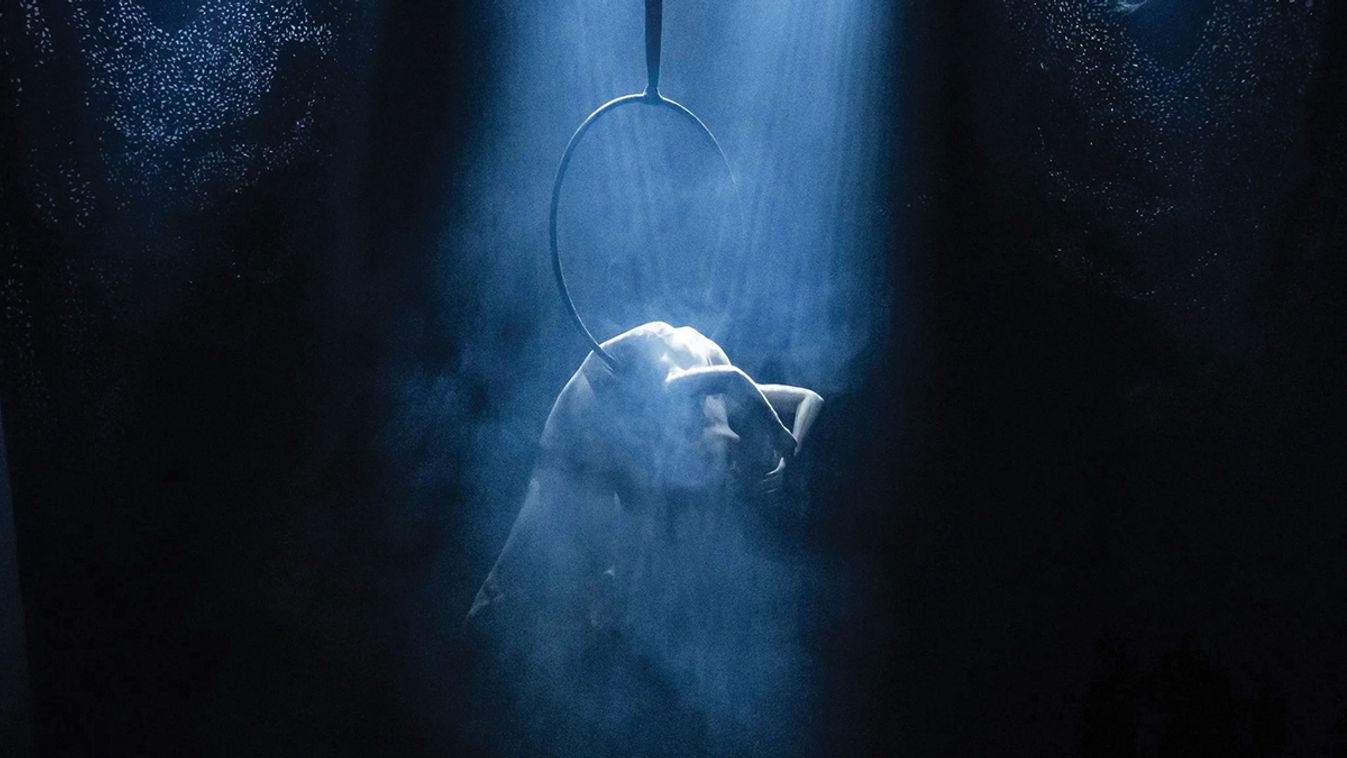The German occupation is a fact. It is also a fact that Hungary was forced to submit to direct German control. Accordingly, it can hardly be disputed that Germany bears responsibility for what happened in Hungary after 19 March 1944. Exactly as this fact is also set down according to German court decisions, and as our Fundamental Law also determines.
Nevertheless, we must also raise the issue of the responsibility of the Hungarian political and state leadership of the time. But can the leaders of an occupied country be held responsible at all, and if so to what extent? It is my opinion that they can be held responsible. In my view the charge of collaboration and the related responsibility holds true in this case.
Hungary's political leaders — whatever reason or explanation they may have had — did not initiate any form of resistance against the coun try's occupiers; they did not launch national defence or national rescue missions, they did not attempt to protect the freedom and assets of the country's citizens and they didn't even have the strength to set up a government in exile. Accordingly, they must bear the responsibility of having collaborated before both the earthly and godly tribunal. This responsibility is not lessened by the well-known fact that there was a wide and varied range of collaborators in Europe at the time.
And so we have finally arrived at the most important question: what should we do with this whole issue; what should we do about the issue of cohabitation. And what should our generation especially do, which was born later and in its politics is committed to Christian values, the national self-esteem and to a national pride that is based on correct self-knowledge.
In my view, what we Hungarians could have done, we have done. We have apologised, although we know that collaboration with the perpetrators of genocide cannot be forgiven. We have made reparations, although we know full well that what has happened cannot be atoned for. But at the same time we cannot bear a responsibility that is not ours to bear. And for this reason we must also state clearly that without the German occupation there would have been no deportations, no rail wagons and no hundreds and thousands of innocent lives lost. Without the acceptance of these facts it is difficult to imagine a sincere cohabitation based on trust in the future. And our generation became followers of radical, anti-communist politics because we had had enough of an insincere life built on a lack of trust.
Thank you for having given me the opportunity to write to you about all this.
29 April 2014, Budapest
With my deepest respects,
Viktor Orbán
Post Scriptum: I have also sent copies of this letter to Zsuzsanna Hegedűs, Katalin Keserű and Zsuzsanna Erdélyi, because although my letter to you is personal, but is not of a private nature. Feel free to bring it to the attention of others at your own discretion.”









